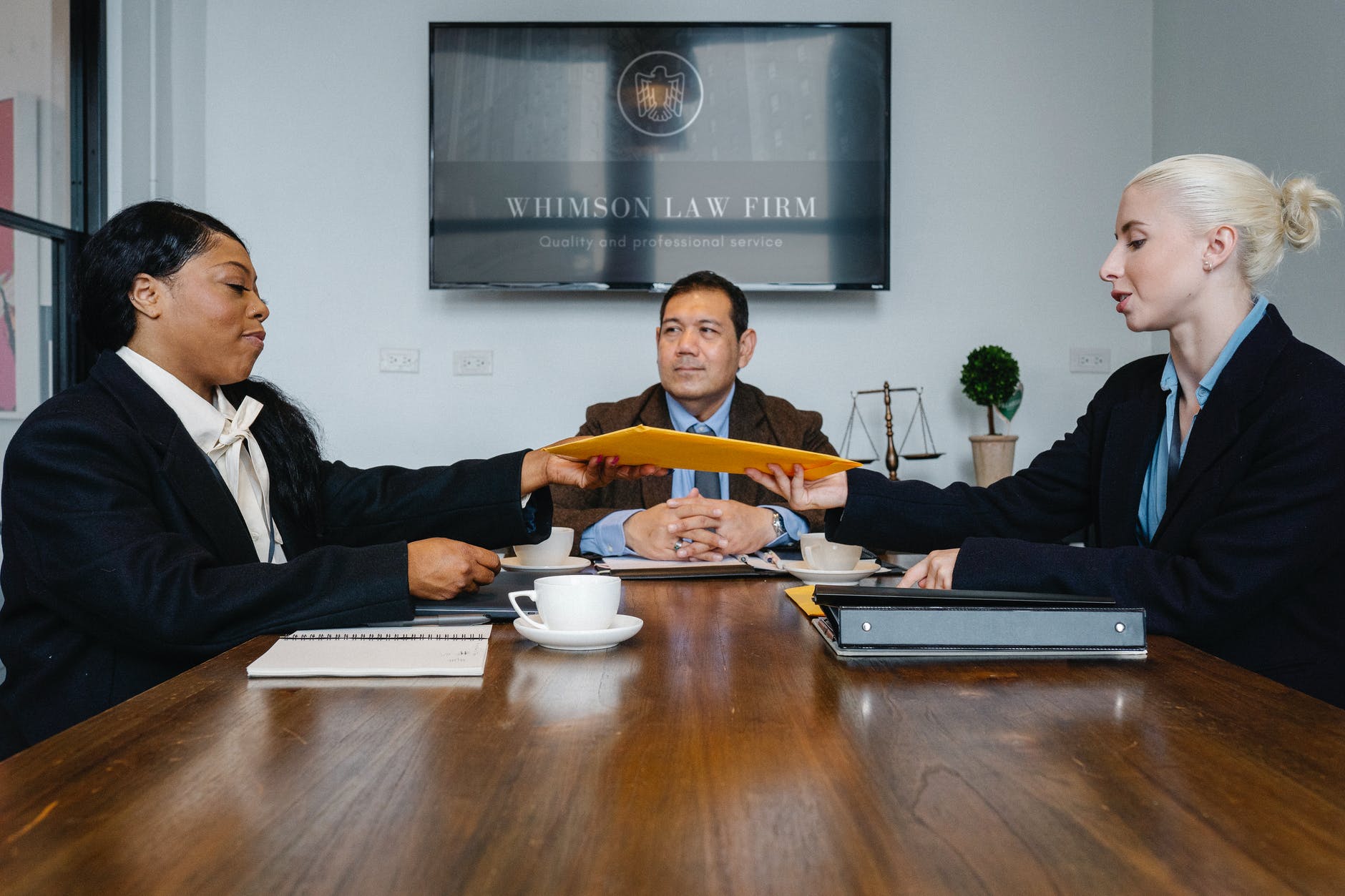The understanding of pre-trial procedures is important to a successful criminal prosecution because this is the part where the formal complaint or case will be filed by the prosecution panel against the person who is suspected to have done the crime. The prosecution panel must know what the discovery procedures and limitations will be so that there will be no mistakes that will be made when it is time to gather evidence that will eventually be shown in court. The pre-trial procedures should already give an idea to the prosecution panel in terms of the best witnesses and evidence that it can gather so that its arguments in court will be strong and accurate.

Case Preparation
Case preparation is important to a successful criminal prosecution because this is the part where the witnesses and evidence that are expected to be shown in the court by the prosecution panel will be secured (Giaccalone, 2013). This is the part where the witnesses and the list of evidence that will be presented by the prosecution panel will be finalized. However, the prosecution panel must pay attention to the discovery procedures and limitations that were discussed already as part of the pre-trial procedures so that it will not commit any mistakes or illegal acts during the process of gathering evidence and securing the commitment of crucial witnesses. It is important that the prosecution panel comes up with a strong lineup of witnesses and credible evidence so that it is going to be easy for it to prove the guilt of the accused party. The combination of credible witnesses and strong evidence will surely help the prosecution panel to prove its arguments against the person who is being accused of a crime in this case. The burden of the prosecution panel to prove the guilt of the accused party is heavier than the burden of the defense panel to prove the innocence of the accused party so it is important that the prosecution panel’s lineup of evidence and witnesses is flawless.
The officer’s demeanor while testifying is important to a successful criminal prosecution because this will have a strong influence in determining if this person is credible as a witness or not. If the officer’s demeanor is calm and composed especially when discussing what the suspect did as the crime was happening, this is going to give a major boost to the prosecution panel in its bid to prove the guilt of the accused party (Hails, 2008). This is because the statement of the officer who is directly involved in the crime will be a crucial part of the evidence that will be presented by the prosecution panel before the court to support its case against the accused party. Thus, if the officer’s demeanor is excellent, this means that the prosecution panel has been successful in having a credible witness by its side which can only mean bad news on the part of the defense panel.
However, if the officer’s demeanor while testifying is nervous and gets easily rattled under pressure, this is not going be helpful on the part of the prosecution panel because this officer’s statements will be considered as unreliable and he cannot be considered as a credible witness anymore. The defense panel will surely do a cross-examination on the officer, and this is the part where the lawyers of the defense panel will try to discredit the officer and prove that he is a liar. Thus, if the officer gets rattled under tremendous pressure and is unable to come up with the correct answers to the questions from the defense panel, this is going to be bad news on the part of the prosecution panel because they have just lost an important witness. Thus, even before the trial starts, the prosecution panel must make sure to guide the officer who will testify in terms of what he must expect so that he can also make the right preparations to avoid getting rattled by the defense panel once the cross-examination happens. The officer must remain focused and calm regardless of the pressure involved because this is the only way for him to become a credible witness for the prosecution panel.
Works Cited
Giaccalone, Joseph. The Criminal Investigative Function. Flushing: Looseleaf Law Publications, 2013.
Hails, Judy. Criminal Evidence. Stamford: Cengage Learning, 2008.







